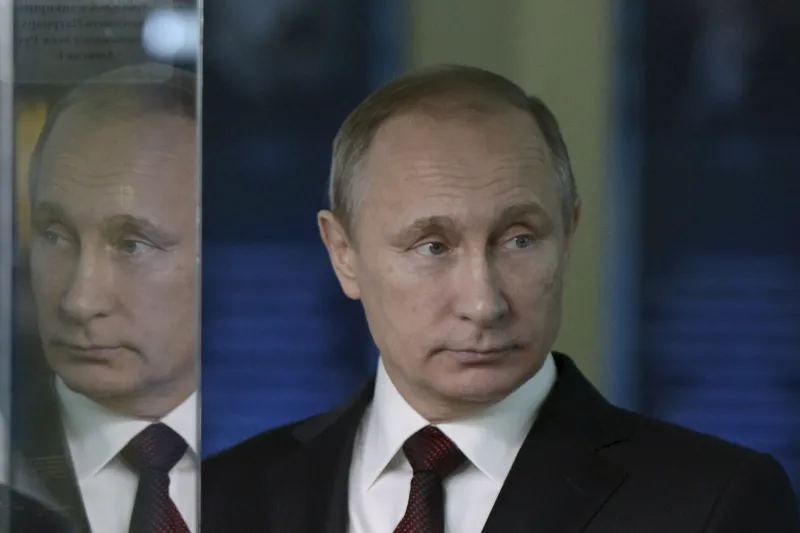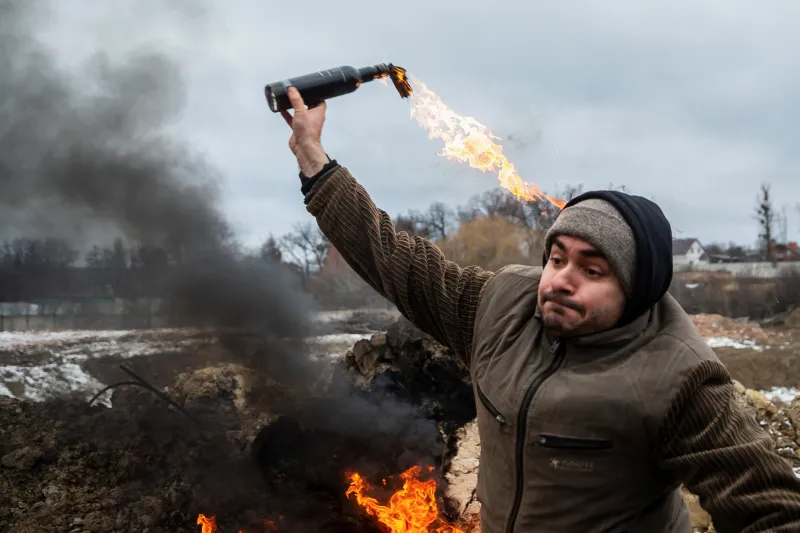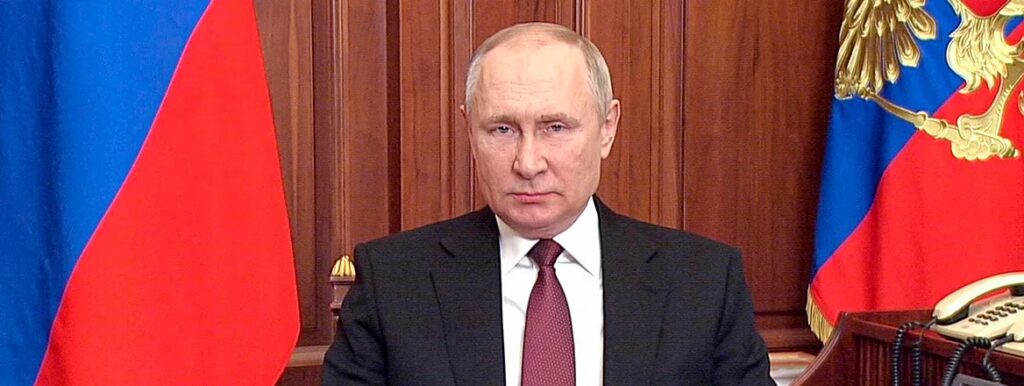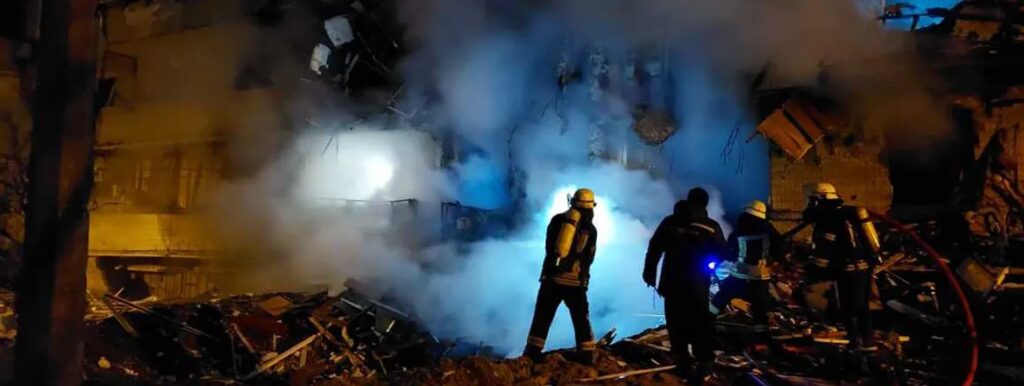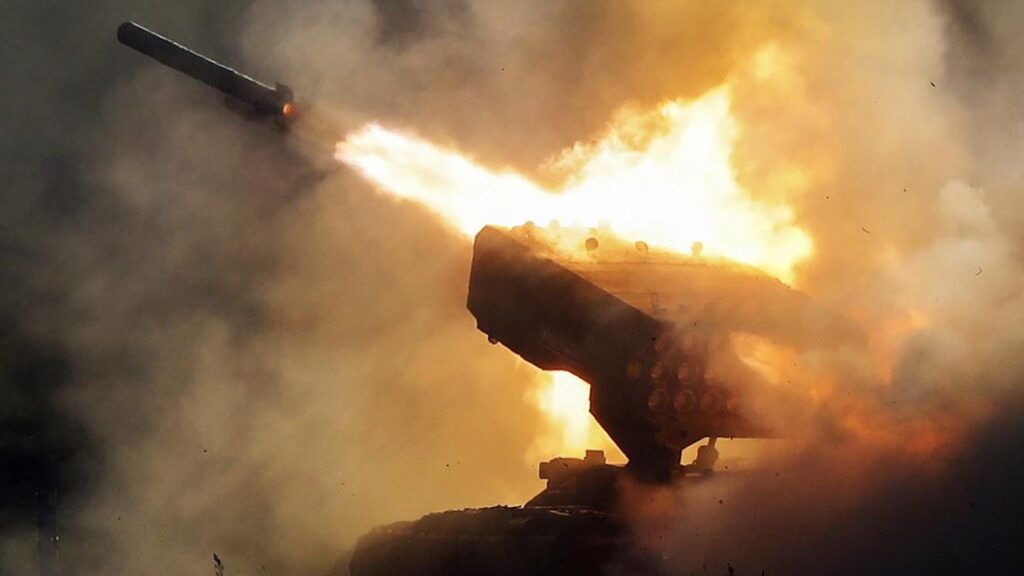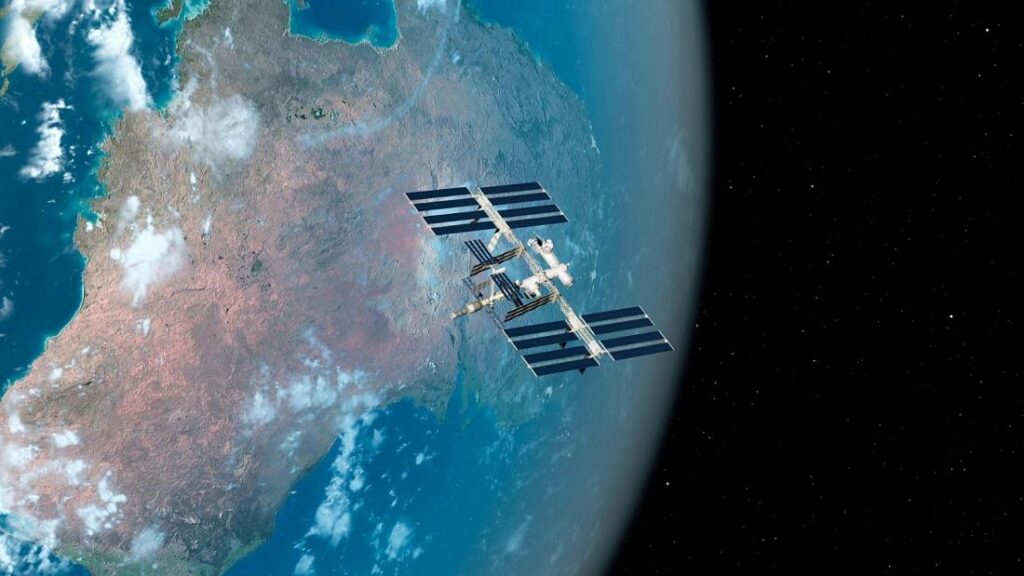The Man Behind Putin’s Military
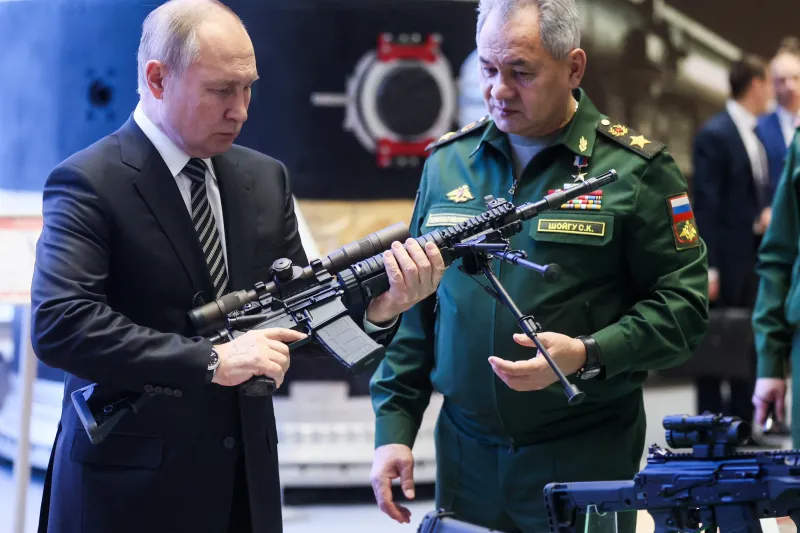
How Sergey Shoygu Paved the Way for Russia’s Ukraine Assault
On February 25, barely 24 hours after Russian President Vladimir Putin ordered a full-scale invasion of Ukraine, Russian forces reached Kyiv. Even accounting for Russia’s vastly superior firepower, the speed of the military advance has been startling. But it also has highlighted something else: the extent to which the Kremlin’s entire pressure campaign on Ukraine has been driven by the Russia military. In contrast to many previous efforts by Moscow to achieve political goals in the West—or to exact retribution on a perceived enemy—the Ukraine offensive has not been driven by the Federal Security Service (FSB), Russia’s security agency, which has often drawn the lion’s share of Western attention. Instead, it has been shaped from the outset by old-fashioned military power projection: first by amassing an overwhelming force on the border and then, with the world watching, quickly and efficiently putting that force to use.

